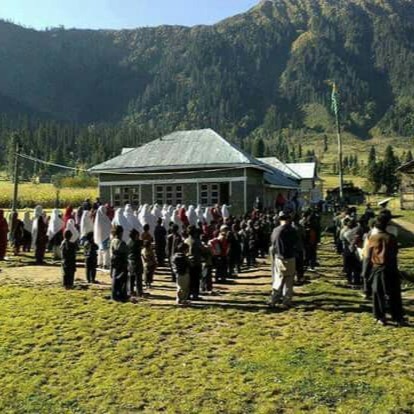Project Description:
What I am designing:
The project I am undertaking aims to create a learning experience tailored to the specific needs of remote villages in Pakistan. This endeavor highlights the relativistic nature of learning design, emphasizing the importance of understanding and catering to the unique needs of learners. For instance, in these remote areas, accessibility is a significant challenge, making a self-learning model a practical and effective solution. This model allows learners to engage with the material at their own pace and in their own time, reducing the barriers imposed by geographical constraints.
While incorporating AI into the learning design, this project is more than just a “learning experience”; it’s a comprehensive, context-sensitive curriculum. The AI component is designed to adapt to the learner’s progress, providing personalized guidance and resources, thereby enhancing the effectiveness of the self-learning process.
Additionally, the project is set to transcend theory with a practical component, as a pilot project is being considered. This pilot will serve as a real-world testbed, providing valuable insights and feedback for further refinement of the learning design.
What it helps us understand about learning design.
This project illustrates the relativistic nature of learning design, underscoring the necessity of tailoring educational experiences to the specific needs of each learner. It showcases the pivotal role of self-learning models, particularly in challenging contexts, enabling learners to engage with educational material in a manner that suits their individual pace and timing. Furthermore, it highlights the profound influence of community culture on learning design. By weaving in linguistic and cultural elements, the learning experience becomes more relevant and effective, demonstrating the importance of adapting educational design to mirror the cultural backdrop of the learners.



